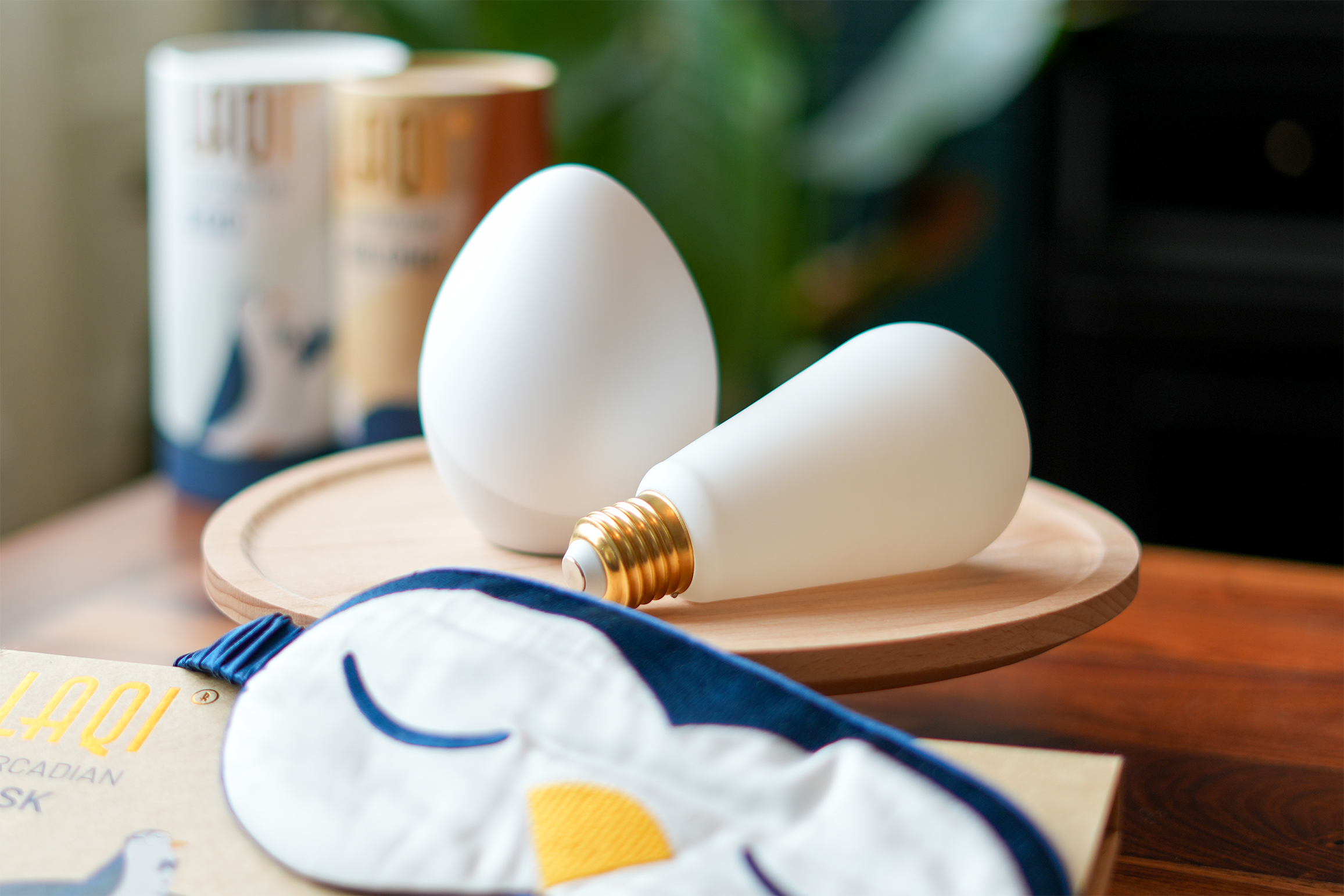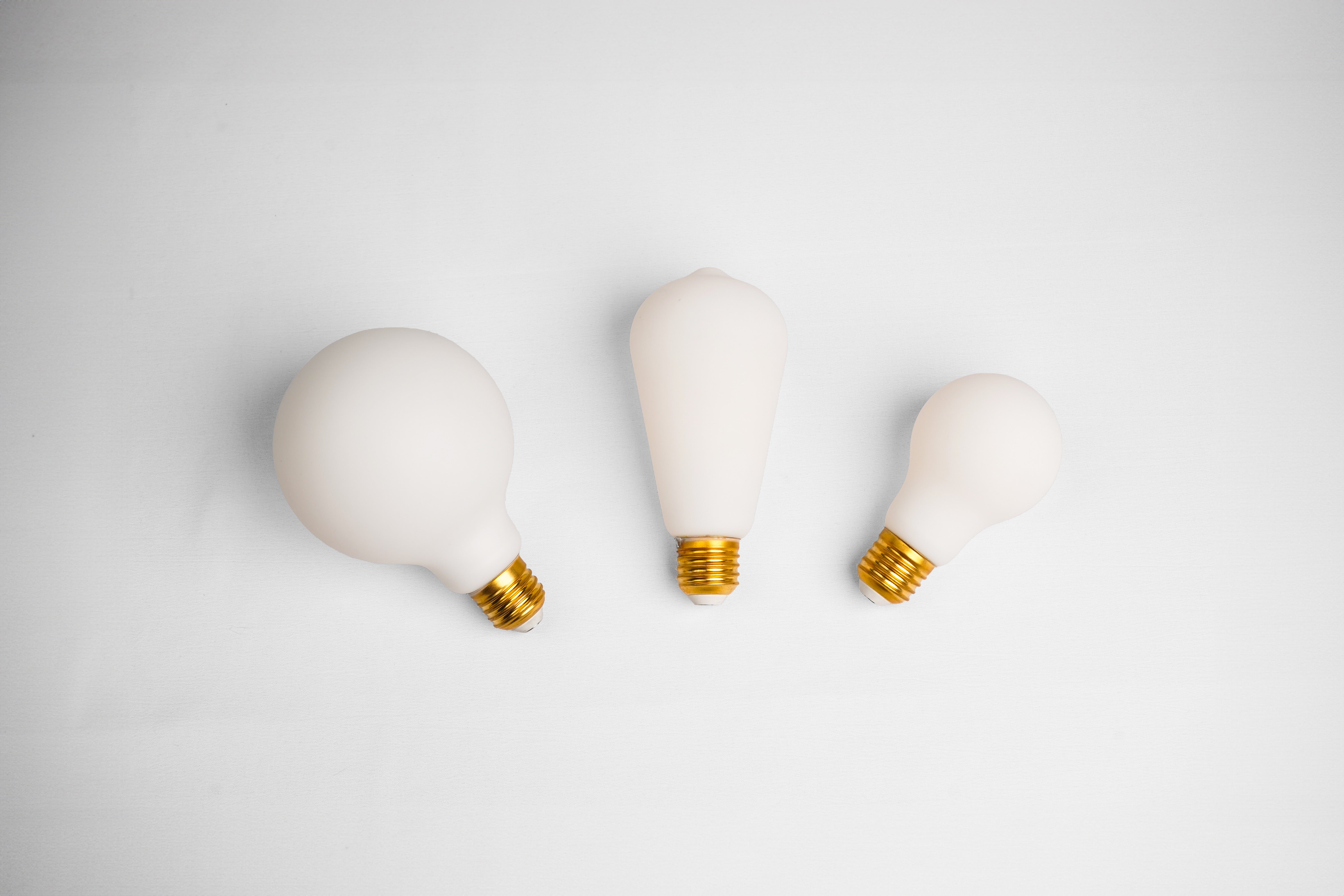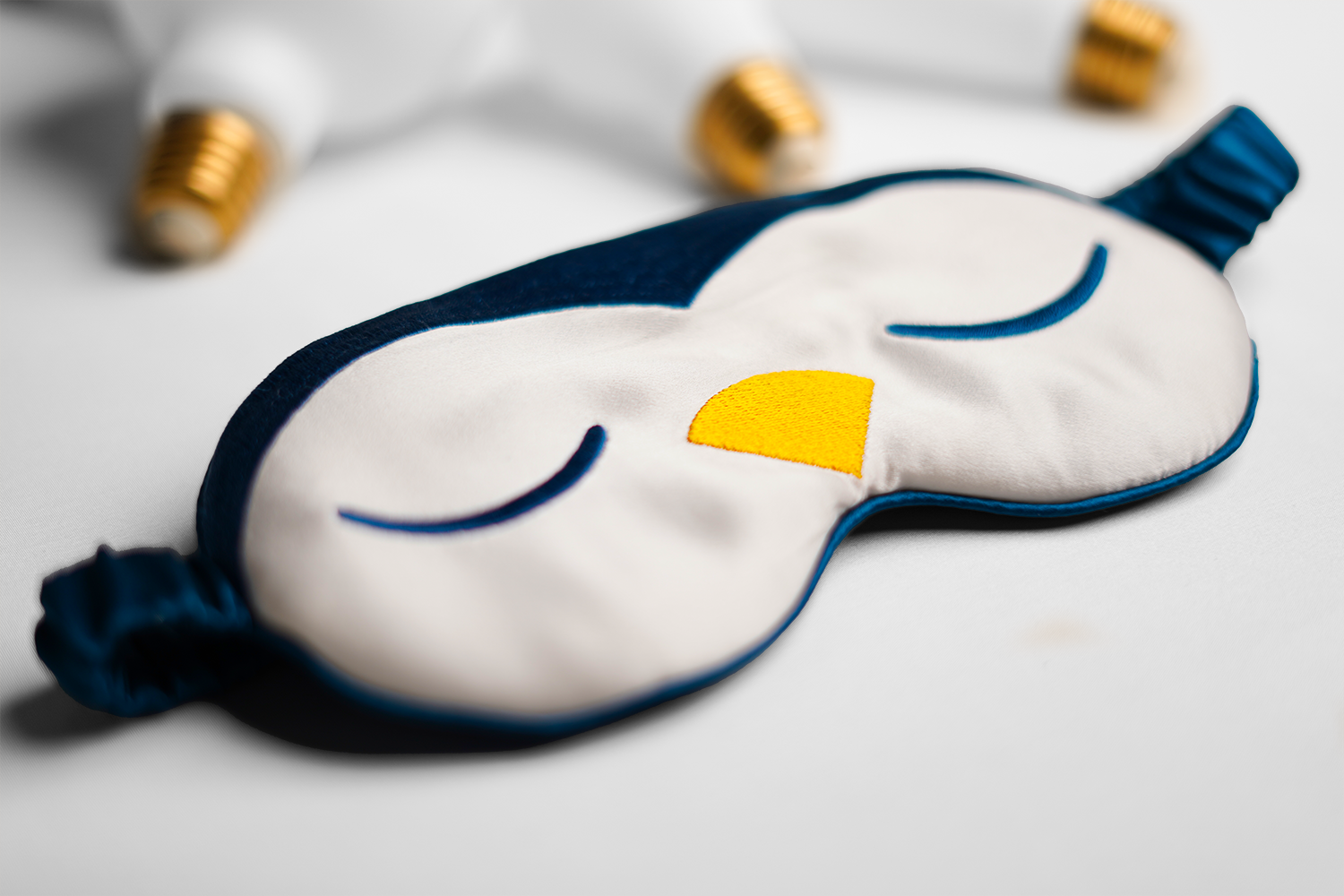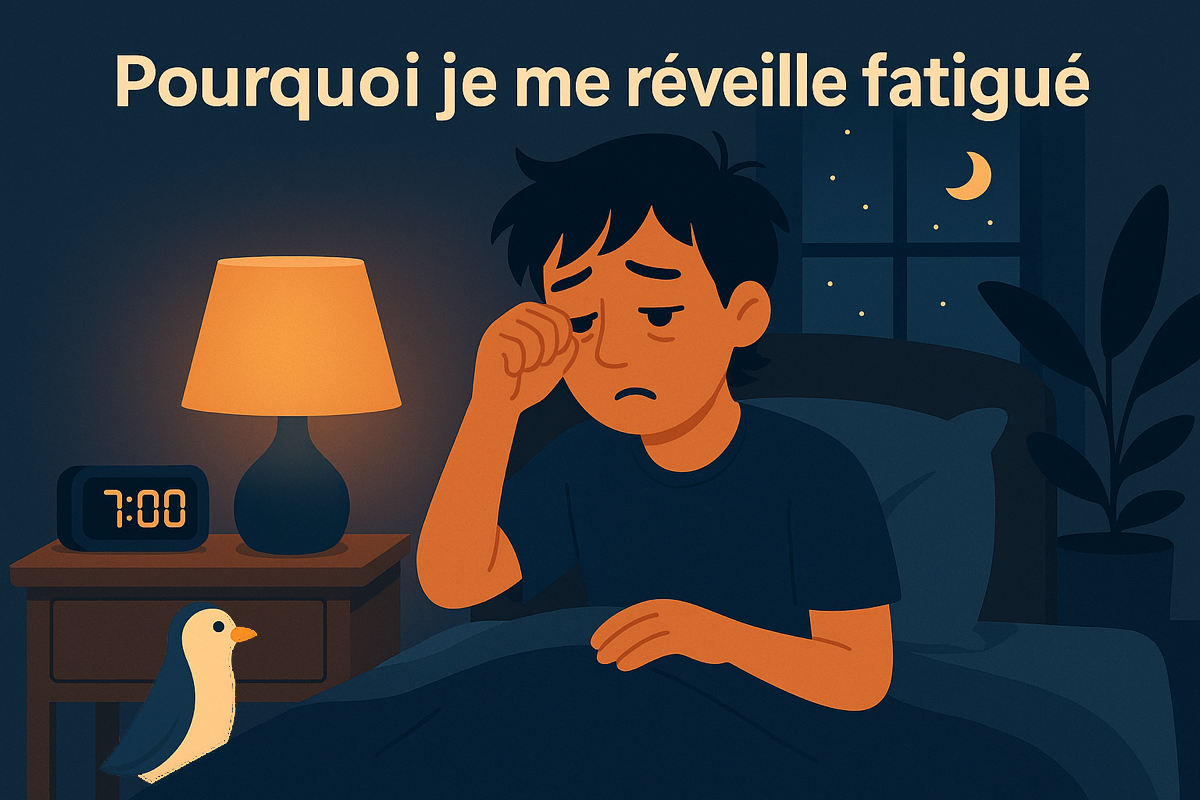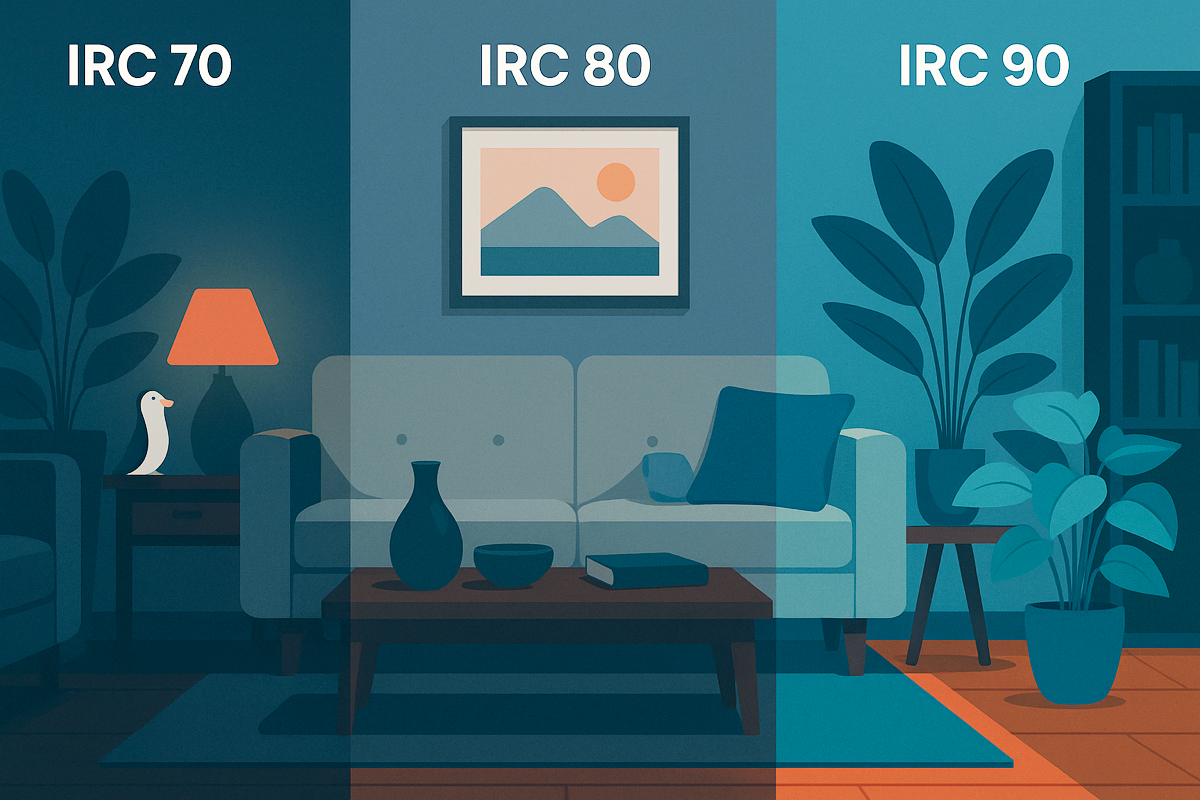Reading time: 6 min
In short:
You sleep 7 to 8 hours… and yet you wake up tired? It's not always a question of duration. Quality, rhythm, environment: everything plays a role. And light is often the forgotten factor.
📌 Summary
1. Sleep is fragile
It's often believed that sleeping 7 to 8 hours is enough to feel rested. However, the quality of sleep is more decisive than its duration. Sleep is structured into 90-minute cycles: each including light, deep, and REM phases. If these cycles are interrupted, misaligned, or unbalanced, recovery doesn't occur properly. And this can happen without us realizing it. A full night's sleep on paper can hide a real biological debt.
The problem? These micro-awakenings, which break the cycles without always fully waking you up. They are often caused by stress, an unsuitable temperature, hormonal spikes, noise, or poor posture. The next day, we open our eyes with the sensation of having slept "into the void." As if nothing had really rested. And this phenomenon affects everyone, including those who fall asleep easily. Sleeping isn't just about cutting yourself off from the world; it's about respecting a precise sequence.
Some people can sleep for 6 hours and feel energized, others for 9 hours and still feel exhausted. It's the quality of deep sleep and its consistency that makes all the difference.
2. The environment sometimes sabotages rest
A mattress that's too soft, an ill-fitting pillow, a poorly ventilated room, excessive background noise, or residual light: all of these factors disrupt sleep. Even if they seem minor, their combination can turn a night into a physiological trap. The body is on permanent standby. If your bedroom isn't perceived as a safe, cool, and calm place, your nervous system remains partially activated. The result: sleep is never truly deep.
The lighting environment is often the most overlooked factor. Light that's too blue or too cold in the evening sends a false signal that it's daytime. It prevents melatonin from working. Conversely, sudden darkness upon waking can delay the synchronization of the circadian rhythm. The body no longer has a clear reference point. In such a mess, the brain no longer knows when to trigger cycles. It's no coincidence that people who sleep with the light on wake up more often feeling tired.
Creating a consistent sleep environment means minimizing the nighttime microaggressions that escape our awareness.
3. Light and non-restorative awakenings
Light is the conductor of sleep. It regulates our biological clock, triggers or inhibits melatonin production, and synchronizes sleep and wake cycles. If you expose yourself to cold or bright light in the evening, your brain delays the signal to fall asleep. And if you don't receive light in the morning, it doesn't understand that the day has begun. This chronic disruption causes an invisible sleep debt, even if you go to bed early.
Using circadian light is like giving your body a language it understands. Laqi bulbs reproduce the natural variations of daylight, adapting to your rhythm and geolocation. In the evening, they become warmer and dimmer. In the morning, they simulate a gradual dawn. This simple adjustment is enough to restore a regular rhythm, improve sleep onset, and, above all, make waking up brighter, more natural, and more energized.
🎥 Origin of blisters and impact on sleep
The right settings for clear mornings
Restful sleep can be built upon. You don't need to change everything, but you do need to evolve the signals you send to your brain. Light is one of the most powerful.
- Install circadian light in the bedroom
- Reduce blue light 2 hours before sleep
- Encourage a gradual awakening, not a sudden one
The Laqi Kit lets you automate your light: sunset and sunrise adapted to your rhythm. Pair it with a soft sleep mask for perfect darkness.
💬 FAQ
I sleep well but am always tired, why?
Your sleep is likely fragmented or shallow. Your internal clock may also be out of sync.
Can light wake me up without me realizing it?
Yes. Even through your eyelids, blue or bright light can interrupt your cycles.
Are dawn simulator alarm clocks effective?
Yes, if they are properly adjusted. They promote natural awakening by stimulating cortisol production.
The real awakening begins the day before.
To wake up rested, you need to prepare for the night. Light, rhythm, atmosphere: it all starts long before you go to bed. Put your biology on the right side.
